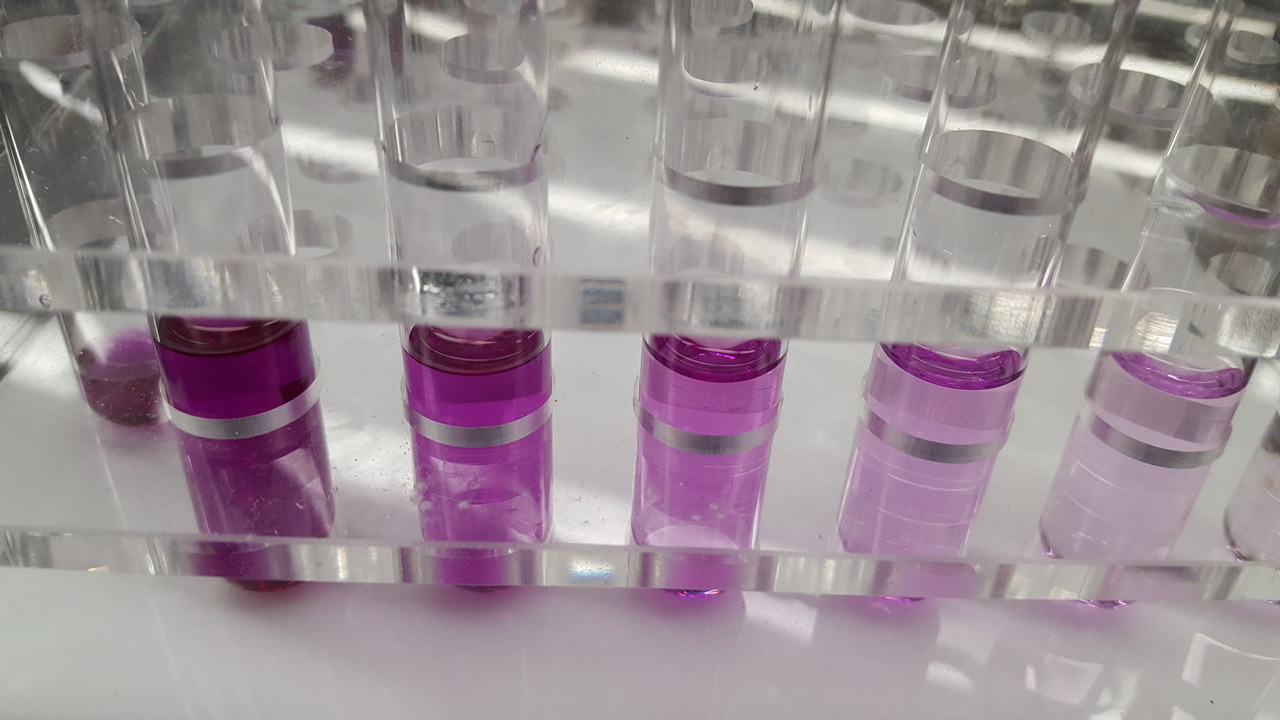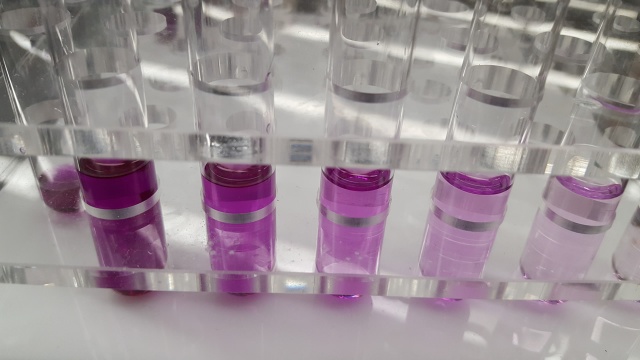Manufacturing processes for a wide range of pharmaceutical, food, and dietary supplement products require basic laboratory skills. In this hands-on course, you can learn and practice the techniques microbiologists use to handle cultures and examine microorganisms in a laboratory as required by FDA, and USDA.
You will study topics like personal protective equipment (PPE), disinfection, aseptic technique, bacterial growth, isolation, microscope use, counting microbes in samples, and record keeping. Designed to be interactive, the course follows short introductory lectures with laboratory exercises where you can practice with basic equipment and tools such as micropipettes, compound light microscopes and stereoscopes
Interested in pursuing a career as a microbiology laboratory technician? New to the field and looking to improve fundamental microbiology skills? This introductory skills course is designed for you.
Are you looking to start a career as a microbiology laboratory technician? New to the field and working to improve skills like aseptic technique, micropipetting and slide preparations? How about serial dilution, plate streaking and isolating colonies? Are you also looking for hands-on training in sterile broth-to-broth transfer, colony enumeration and compound microscopy? If so, we designed this course for you!
Its 16 classroom hours are conducted in back-to-back 8-hour sessions and cover:
- Microbiology Basics
- Biosafety
- Disinfection
- Pipetting and Serial Dilutions
- Record Keeping
- Aseptic Technique
- Streaking plates
- Broths
- Slants
- Microscopy
- Enumeration
- Microbiology Common Equipment Overview
- Describe what microorganisms are, their relative size, and those types commonly found and investigated in an FDA industrial setting.
- Explain and demonstrate basic practices of laboratory safety, disinfection, the aseptic technique, bacterial growth, isolation, microscope use, and counting microbes in samples.
- Execute minimum required record keeping to evaluate and track laboratory samples and tests.
- Demonstrate proper use of basic microbiology laboratory equipment and tools such as microscopes, autoclaves, micropipettes and incubators
Delivered in-person in a classroom or lab setting.
Manufacturing processes for a wide range of pharmaceutical, food, and dietary supplement products require basic laboratory skills. In this hands-on course, you can learn and practice the techniques microbiologists use to handle cultures and examine microorganisms in a laboratory as required by FDA, and USDA.
You will study topics like personal protective equipment (PPE), disinfection, aseptic technique, bacterial growth, isolation, microscope use, counting microbes in samples, and record keeping. Designed to be interactive, the course follows short introductory lectures with laboratory exercises where you can practice with basic equipment and tools such as micropipettes, compound light microscopes and stereoscopes
Interested in pursuing a career as a microbiology laboratory technician? New to the field and looking to improve fundamental microbiology skills? This introductory skills course is designed for you.
Are you looking to start a career as a microbiology laboratory technician? New to the field and working to improve skills like aseptic technique, micropipetting and slide preparations? How about serial dilution, plate streaking and isolating colonies? Are you also looking for hands-on training in sterile broth-to-broth transfer, colony enumeration and compound microscopy? If so, we designed this course for you!
Its 16 classroom hours are conducted in back-to-back 8-hour sessions and cover:
- Microbiology Basics
- Biosafety
- Disinfection
- Pipetting and Serial Dilutions
- Record Keeping
- Aseptic Technique
- Streaking plates
- Broths
- Slants
- Microscopy
- Enumeration
- Microbiology Common Equipment Overview
- Describe what microorganisms are, their relative size, and those types commonly found and investigated in an FDA industrial setting.
- Explain and demonstrate basic practices of laboratory safety, disinfection, the aseptic technique, bacterial growth, isolation, microscope use, and counting microbes in samples.
- Execute minimum required record keeping to evaluate and track laboratory samples and tests.
- Demonstrate proper use of basic microbiology laboratory equipment and tools such as microscopes, autoclaves, micropipettes and incubators
Delivered in-person in a classroom or lab setting.

